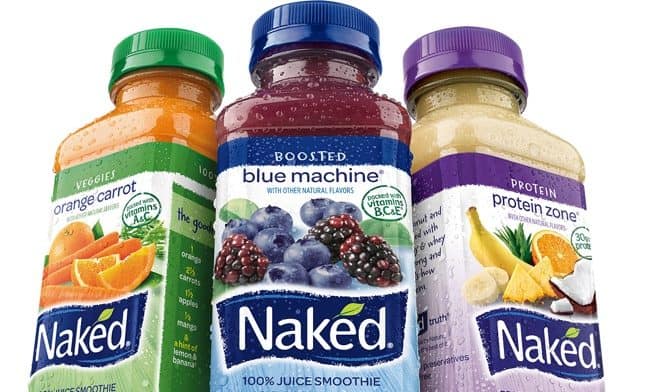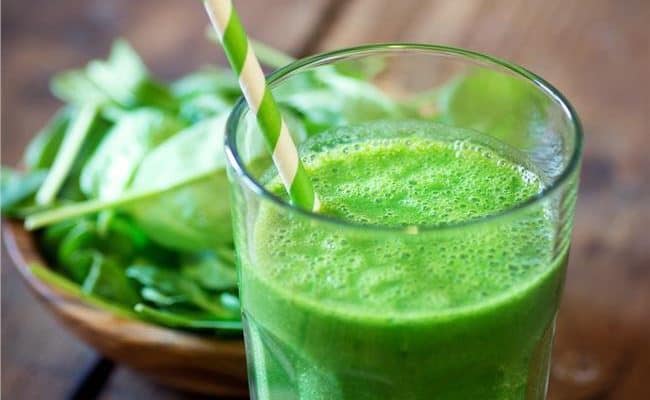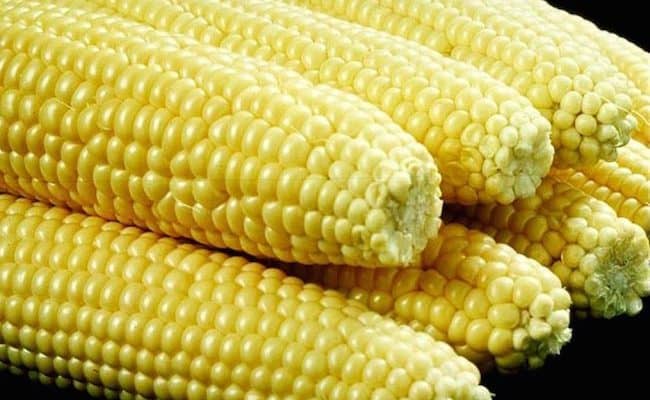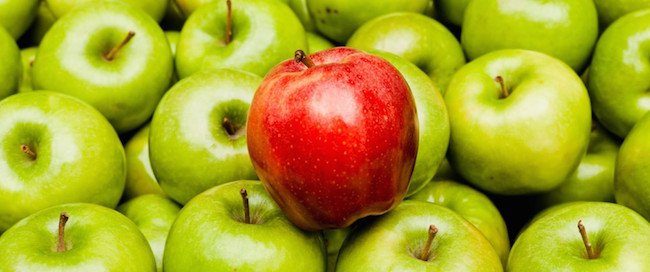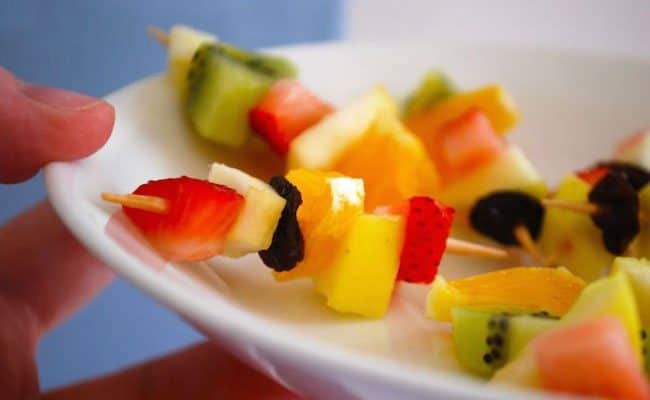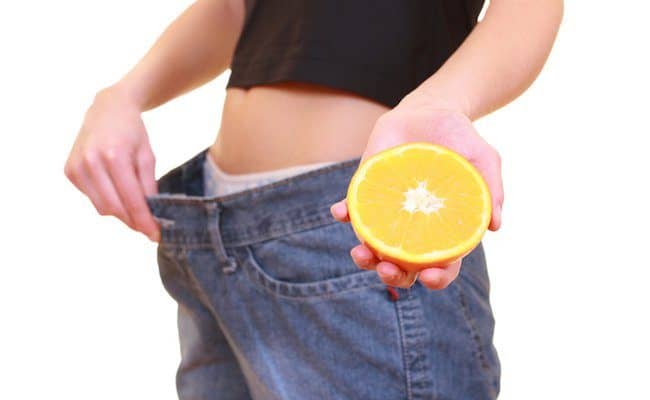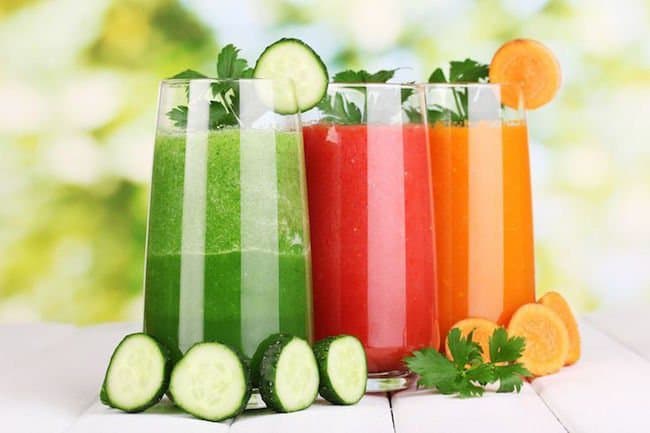
How does the juice diet work?
Juice diets involve consuming only juice and no solid foods for varying amounts of time from a few days to months in extreme cases. Basically it involves throwing a heap of vegetables and fruit in the blender or juicer at every meal and consuming only this. Commercially produced juices are not allowed as only fresh unpasteurized juices are considered appropriate for the diet.
The idea behind the diet is that drinking only juice will ‘detox’ the body and get rid of harmful toxins that have built up in our body and are stored in fat. It is also advertised as a get thin quick very low calorie diet, which people presume is healthy as it is based on fruit and vegetables.
A lot of people also remove the pulp from juices, thus removing all the fibre and leaving a drink that is little more than water, sugar and some nutrients.
There are also more extreme claims such as that a juice diet can cure cancer.
Will it cause weight loss?
A juice diet is very low in calories and as such may cause weight loss fairly quickly initially. However, this reduction is likely to be mainly contributed to water loss. If followed in the long term, weight loss will probably result, however, due to the low energy content of the diet; this may well be muscle loss as the body simply does not have enough energy or protein to build muscle.
Reduced muscle mass has the effect of slowing down your metabolism, as does reducing your calorie intake to a very low level.
Your body is then more likely to store energy rather than burn it as it perceives itself to be in a state of fasting, meaning that when you start to eat normal food again it is likely that you will regain all the weight lost and possibly a bit extra quite quickly.
This type of diet has a similar effect to yo-yo dieting when weight is lost, and then regained rapidly as soon as the diet is finished.
Is there any evidence?
There are no scientific studies investigating the effects of juice diets on weight loss and general health. Many followers of juice diets report great weight loss and ‘feeling healthier’, however it is likely that large amounts of initial weight loss are due to water loss.
There is no evidence suggesting that detox diets of this type are necessary for the body, which is well equipped with its own systems, the liver, kidney and digestive system, for eliminating harmful substances from the body.
The American cancer council has stated that there is no evidence to support the use of fasting diets to treat cancer. In fact the lack of protein is likely to be detrimental to those undergoing cancer treatments that often require increased energy and protein diets to maintain their body weight and fight the illness.
The one benefit that may come from a juice diet is an increase in fruit and vegetable intake, providing valuable vitamins and minerals that may not be consumed on a daily basis.
Is it safe?
A one day detox or even one that continues a few days will probably not be harmful for the majority of healthy people. However, there are still likely to be some undesirable side effects such as lack of energy, headaches, hunger and frequent bathroom trips.
A juice diet has virtually no protein and often very little fibre, so it tends to pass through the digestive system fast, leaving you hungry for more very quickly. If the fibre is removed in the form of pulp, then the sugar in the fruit may also cause highs in blood sugar as the fruit is digested much more quickly.
If followed over a longer time frame, the juice diet may in fact be detrimental to health. Long term low calorie diets can result in imbalances of electrolytes that in serious cases can end in heart palpitations or even more serious cardiac events.
There is also a risk of nutrient deficiency due to the lack of variety in the diet. Although fruit and vegetables contain a wide range of vitamins and minerals, a complete diet with all the foods groups is required to get all the nutrients the body needs to function correctly.
A lack of protein can also lead to muscle wasting and overall weakness, whilst a lack of fibre (if pulp in the juice is removed), may result in constipation and poor bowel health.
The juice making process also often discards parts of fruit and vegetables that contain valuable nutrients such as the skin and pith, meaning that it is much more nutritious to eat the entire thing, rather than juice it up.
Is there a place for juice in a healthy diet?
Although a fasting type diet based only on juice is not recommended, there is a place for fresh juice in a healthy diet in moderation. Juice can be high in calories as it contains such large quantities of fruit and vegetables, so when combined with other foods should be moderated to control calorie intake.
There is no doubt however, that juice is an excellent way to get more fruit and vegetables into your diet from time to time. A glass of juice with multiple fruit and vegetables in addition to a light meal or even to replace a meal on occasion will probably not be detrimental to the health, providing it is accompanied by a healthy, balanced diet.
References used in this article
